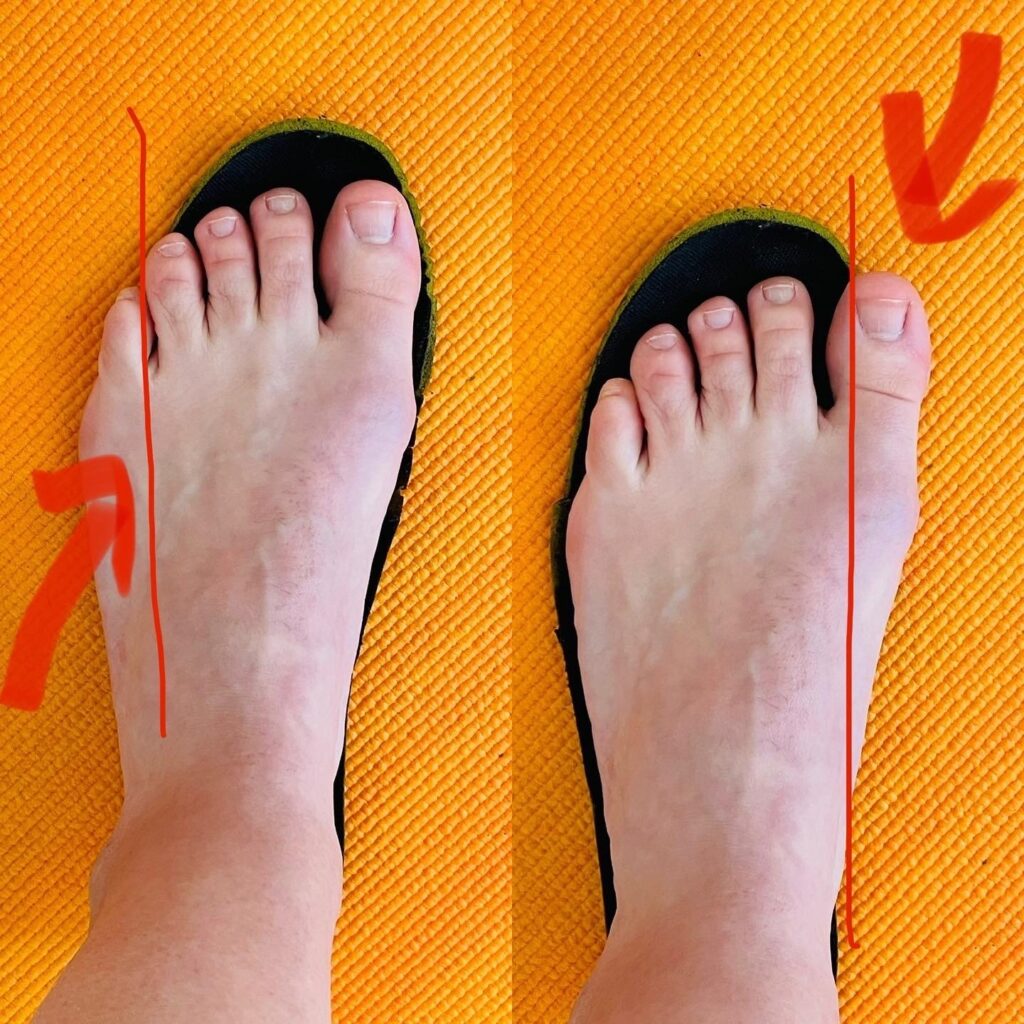Footwear serves a dual purpose, offering protection and support to the wearer. Though often thought of as a fashion statement, poorly designed or ill-fitting shoes can lead to discomfort and long-term physical issues. Here is more information on how tailored footwear with custom orthotics can reduce strain on the body, improve alignment, and offer enhanced support:
Supporting Natural Foot Mechanics
Custom orthotics help optimize the natural biomechanics of the foot during movement. Every foot is unique in structure, ranging from variations in arch height to differences in width and shape. Generic, mass-produced shoes often fail to accommodate these individual differences.
Custom footwear is designed to align with the foot’s shape, preventing unnatural motions and improving weight distribution during walking. Features like arch support or cushioned insoles help maintain proper foot alignment, decreasing strain on muscles and joints. This added support not only benefits foot health but can also minimize discomfort in the knees, hips, and lower back. Tailored footwear plays a preventative role, offsetting issues such as plantar fasciitis or metatarsalgia caused by poorly distributed pressure on the foot sole.
Enhancing Weight Distribution
Posture relies heavily on the alignment of the feet, as they serve as the foundation for the body. Ill-fitting footwear can cause improper weight distribution, leading to imbalances in posture. Shoes with inadequate arch support or improper spacing can force an improper stance over time.
Tailored footwear, designed with exact foot measurements and support needs, promotes even weight distribution throughout the skeletal structure. By creating a neutral foot alignment, custom shoes can reduce the occurrence of compensatory posture habits, such as inward knee tilting or overarched lower backs. Better weight distribution relieves physical stress on key supportive structures, resulting in enhanced posture and reduced fatigue.
Many custom shoe designs also incorporate advanced cushioning and shock absorption. These features dissipate kinetic energy while walking, reducing the impact on hips and knees. Over time, this allows wearers to engage in daily activities with less strain and greater comfort, reinforcing natural posture.
Improving Mobility and Comfort
Investing in tailored footwear provides long-term benefits that improve general mobility and daily comfort. Hospitals and podiatry clinics frequently recommend custom footwear for those with conditions such as bunions, hammertoes, or diabetic foot complications. Conditions like these often require extra cushioning or specially designed wraps to reduce friction and protect vulnerable areas.
For individuals without pre-existing foot conditions, tailored footwear also alleviates common concerns like calluses, blisters, and sore arches. Materials and designs can be customized for different environmental demands, such as moisture-wicking interiors for humid climates or insulated soles for colder regions. These small adjustments have far-reaching impacts on sustained mobility, with comfort enhancements enabling longer periods of physical activity without pain or swelling.
Get Custom Orthotics
Tailored footwear enhances comfort and posture by addressing individual foot biomechanics, improving weight distribution, and mitigating long-term strain on the body. Unlike generic alternatives, custom shoes align with the wearer’s unique structural needs to alleviate pressure points and prevent future health complications. With tailored solutions, individuals can transform their daily activities through improved mobility and reduced physical stress.

